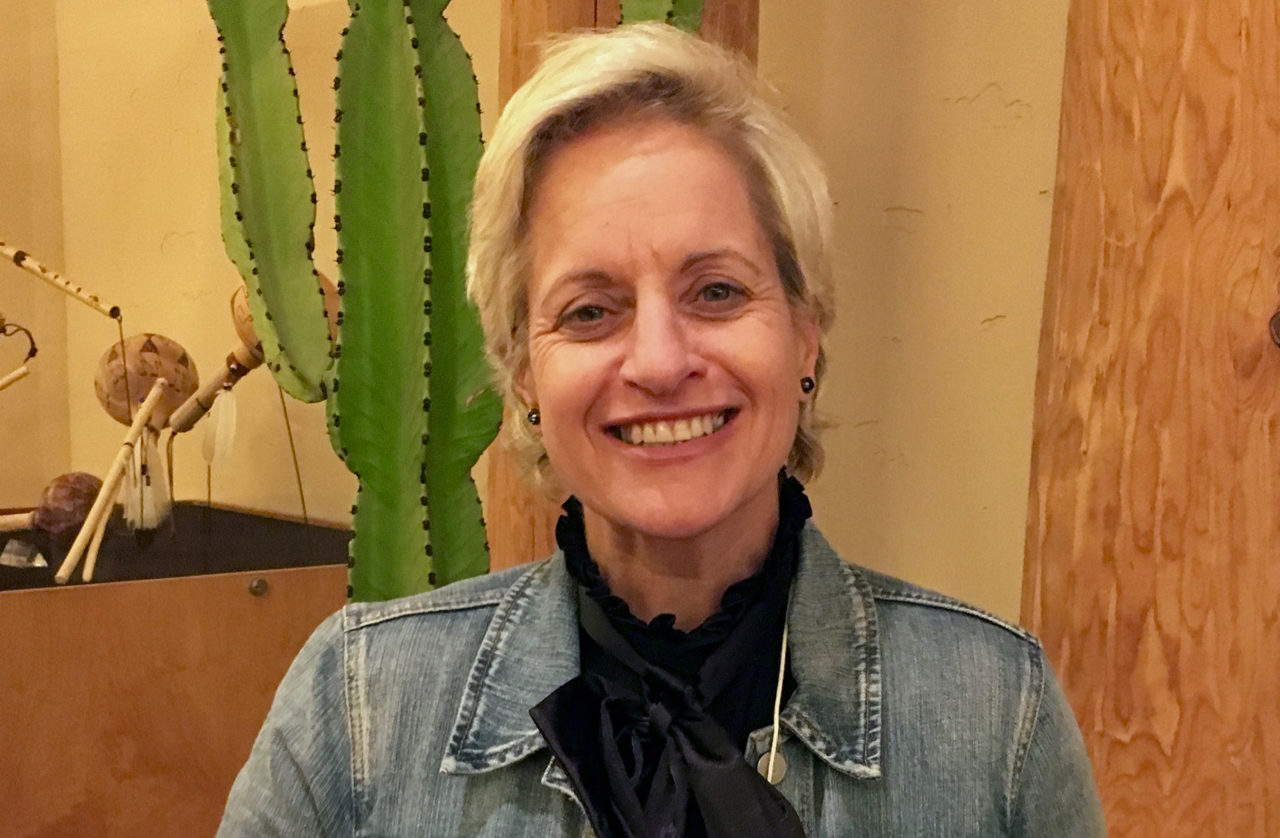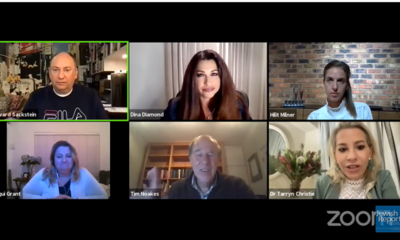
Featured Item

Nutrigenomics could take the weight off your diet plan
You may find it mysterious that you and a friend eat and exercise in a similar way, but you have totally different body shapes. Or the fact that you follow a medical professional’s plan to the letter, and still don’t lose weight. Genetic testing may unlock the secrets to these questions, as well as how to manage health, fitness, and disease.
“I was a dietitian. In our training, we learned that the formula for losing weight is to reduce kilojoules and increase exercise. But when we went out into the world and tried to treat our patients this way, it was a complete failure,” says Yael Joffe, the founder and chief science officer of genetic testing company 3×4 Genetics.
“They would come back to us and say, ‘I did what you told me to do, but I still haven’t lost weight.’ The only response was that they were lying or cheating on the plan. It was a cycle of failure and destroyed self-esteem,” she says.
Disillusioned and at a loss, Joffe left dietetics and went back to university, doing her PhD in genetics and obesity, specifically looking at obesity in South African women. She learned that while 99.9% of our DNA is identical, it’s a “language” or “alphabet” that has “spelling changes”, and those changes determine how we respond to our environment.
She realised that genes play a vital role in how we gain and lose weight. By gaining the “self-knowledge” of our genes, we can know what our limits or strengths are and work with those.
“The concept of weight is so complex. Our genes explain what drives us, and that each of us have our own sense of what hunger is. Snacking or binging have a huge genetic component, tied to our origins as hunter-gatherers. Often, children will display eating behaviour that is influenced by genes, as they haven’t been exposed to psycho-social issues around food. Then we see people who do extraordinary amounts of training for the Comrades Marathon and are still overweight. That’s very much influenced by their genes,” she says.
Understanding our genes isn’t a magic pill to lose weight, Joffe says. Rather, it will help us and our medical practitioners understand what might be acting as obstacles. It will help us to understand what our realistic weight is, and how to adapt our behaviour to manage it.
“Some of us will never be slim because our genes are acting against us,” she says. “So instead of looking at what society, the media, and even the medical profession says, it’s about having that self-knowledge that a strict diet would set you up for failure.”
Joffe works with about 500 health practitioners around the world, training them to understand nutrigenomics – the impact of genes on nutrition. “Genetics isn’t a world by itself, it will help you and them make better decisions about your health because it’s a vital piece of your own unique puzzle.”
Another pioneer in the industry is Danny Meyersfeld, the founder and chief executive of DNAlysis Biotechnology. “One of the key findings of the Human Genome Project [the global collaboration responsible for unravelling our genetic code] was the strong interplay that exists between the genes we carry and the environment in which we live,” he says. “In many cases [not all], our genes aren’t our destiny. Rather, we can modify our gene expression in order to take control of our own health outcomes. A nutrigenomics test allows us to better understand the workings of the critical biological pathways within our cells. If these pathways aren’t functioning optimally, it will in many cases predispose an individual to chronic disease. By tailoring our diet, lifestyle, and nutrients to our specific genetic variations, we can proactively manage these health risks.”
When asked the question of the moment – if people’s varied responses to COVID-19 could be because of our genes – he says, “There is very little doubt that genetic variation between individuals will affect our response on a few levels. First, it’s believed that genetic differences in certain cell surface proteins affect the ability of the virus to enter our cells. Second, our immune response and ability to fight off the virus is largely genetically determined. Some individuals will be better at mounting an immune response to the infection to defend against it.”
Regarding Jewish genes, he says, “We know there are certain diseases that are more prevalent in the Ashkenazi Jewish population such as certain cancers, Tay-Sachs disease, and Gaucher’s disease. It’s believed that this is due to a population bottleneck of just 350 Jews that occurred in Europe about 700 years ago, followed by a rapid population increase. This ‘founder effect’ caused certain genetic variations to become more prevalent in all descendants.”
Looking to the future, he says, “It won’t be long before whole genome sequencing is a commonly used tool in the diagnosis and management of disease, and personalised medicine tailored to one’s genes is a routine and integral component of clinical medicine.”
Leigh-Ann Silber, a registered dietician at InteliHEALTH Registered Dietitians and the co-founder of Just THRIVE says, “One thing I have learned working in this field for many years is that there’s no such thing as one-size-fits-all nutrition plan. For example, people with a specific gene variation have shown to be wired to want to eat more and be hungry more often. I have noticed that intermittent fasting isn’t the best method of weight loss for people with this genotype – higher protein and regular meals benefit them the most. With this insight, we can design plans specific to that individual with greater success.”
She is excited about translating science into practice in the form of personalised nutrition. “Nutrigenomics is a tool in the wider picture of how our body works. It’s not a fad diet or a magic wand, it empowers individuals with more detailed information on how their body works,” she says. “Together with our external environment, history, lifestyle, diet intake, microbiome, food availability, food preferences, and so on, we can be better empowered to make choices that ensure a longer, healthier life.”








